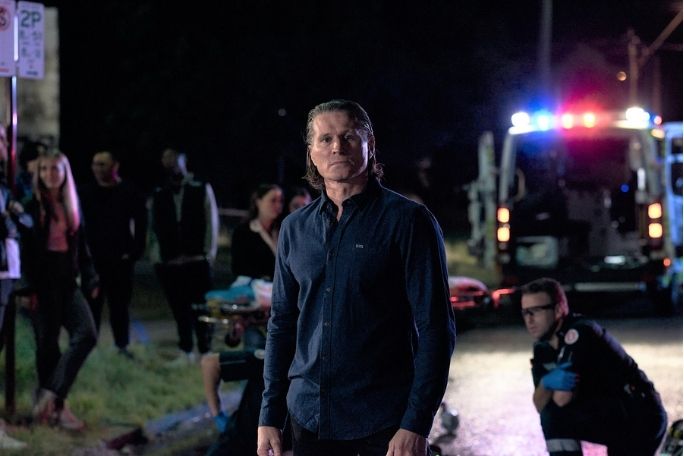Lesson summary
This one-on-one session helps trusted adults start a conversation with a young person who may be struggling with anger and aggression. The young person’s displays of aggression or rage may be of sufficient concern that the young person reaches out for help, or a concerned adult wishes to raise the issue with them. The session will guide the facilitator through empathy-building, person-centred questioning and problem-solving techniques, referral avenues and building self-worth.
This session is not designed to replace professional help and is merely a starting point for attempting to initiate self-motivated help-seeking by the young person. This session should only be delivered with the young person’s consent and all efforts should be taken to respect their privacy and personal agency.
Learning intentions:
The young person will..
- feel acknowledged and supported
- raise their awareness of underlying personal issues or external circumstances that may be contributing to their anger
- consider the long-term and short-term consequences of their anger
- develop strategies for managing their feelings in a range of ways
- be aware of avenues for help-seeking and professional support.
Success Criteria:
The young person can..
- reach out for help if and when they need it
- better understand why they become angry
- feel they are able to make alternative choices and have knowledge of what these alternatives are.
Lesson guides and printables
Lesson details
Curriculum mapping
Australian Curriculum content descriptions:
Years 9 & 10 Health and Physical Education:
- Plan, rehearse and evaluate options (including CPR and first aid) for managing situations where their own or others’ health, safety and wellbeing may be at short or long term risk (ACPPS091)
- Propose, practise and evaluate responses in situations where external influences may impact on their ability to make healthy and safe choices (ACPPS092)
Syllabus outcomes: PDHPE5.2, PDHPE5.3, PDHPE5.6, PDHPE5.7, PDHPE5.8, PDHPE5.11, PDHPE5.12, PDHPE5.15, PDHPE5.16
General capabilities: Personal and Social Capability
Relevant parts of Years 9 & 10 achievement standards: Students apply decision-making and problem-solving skills when taking action to enhance their own and others’ health, safety and well-being.
This lesson is part of the wider unit of work STOP the Coward Punch: Supporting Resources
Time required: 60+ mins
Facilitator role: This session is designed to support trusted and caring adults in an existing relationship with the young person, such as parents/caregivers, teachers, coaches, religious leaders, youth workers, school wellbeing staff, community elders or leaders.
Resources required
Skills
This lesson is designed to build students’ competencies in the following skills:
- Communication
- Empathy
- Problem solving
Additional info
These resources have been designed in partnership with Danny Green's STOP the Coward's Punch campaign.
Danny Green’s STOP the Coward Punch campaign was started in 2012 with the aim of raising awareness of the devastating effects of the coward punch on the community, including the physical and mental scars survivors, families and friends are left with for life.
STOP the Coward Punch believes in the right of all people to enjoy themselves, safely and free from violence. With support from entertainers, athletes, community leaders, politicians and everyday Australians, the campaign aims to raise awareness of the simple precautions we – as a community and as individuals – can take to ensure safe and enjoyable outings and, ultimately, reduce the number of coward punch occurrences in our communities.


Welcome back!
Don't have an account yet?
Log in with:
By signing up to Cool.org you consent and agree to Cool's privacy policy to
store, manage and process your personal information. To read more, please see
our privacy policy here(Opens in new tab).
Create your free Cool.org account.
Many of our resources are free, with an option to upgrade to Cool+ for premium content.
Already have an account?
Sign up with:
By signing up to Cool.org you consent and agree to Cool's privacy policy to
store, manage and process your personal information. To read more, please see
our privacy policy here(Opens in new tab).